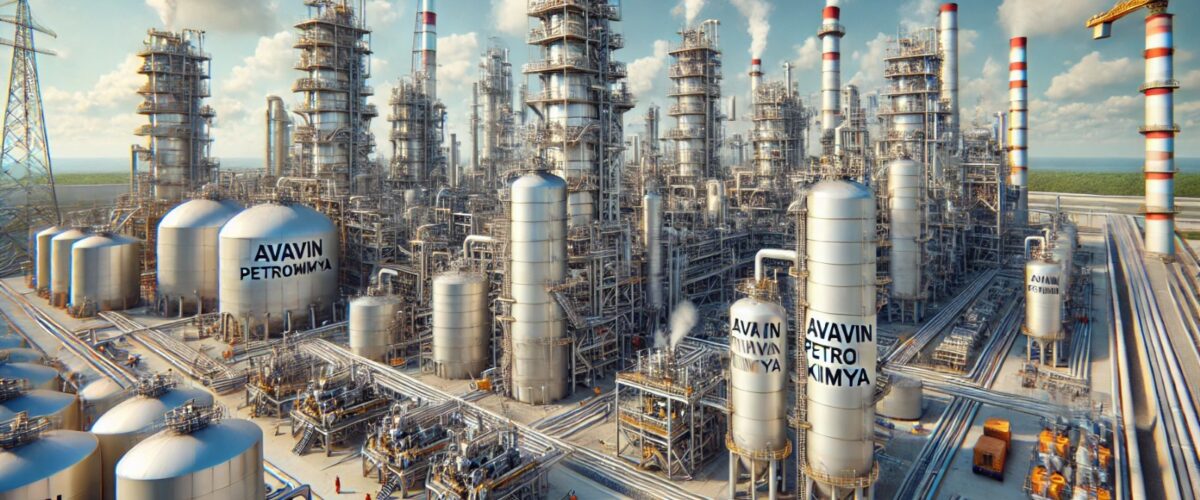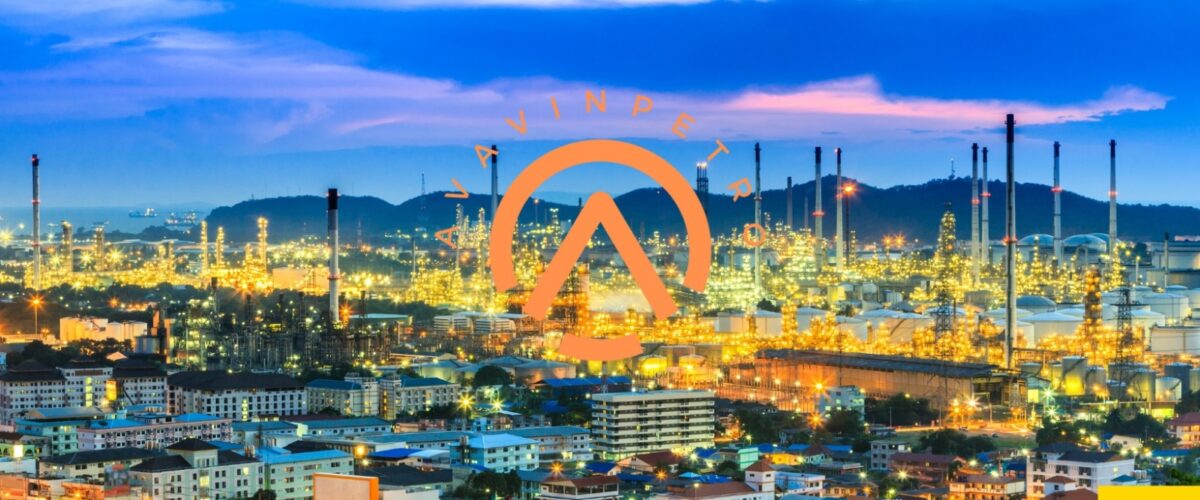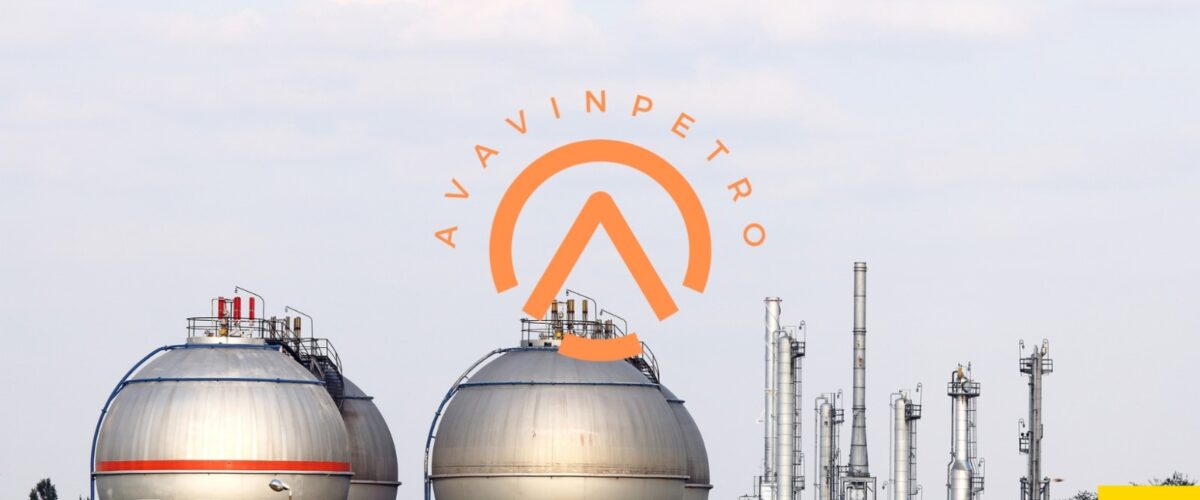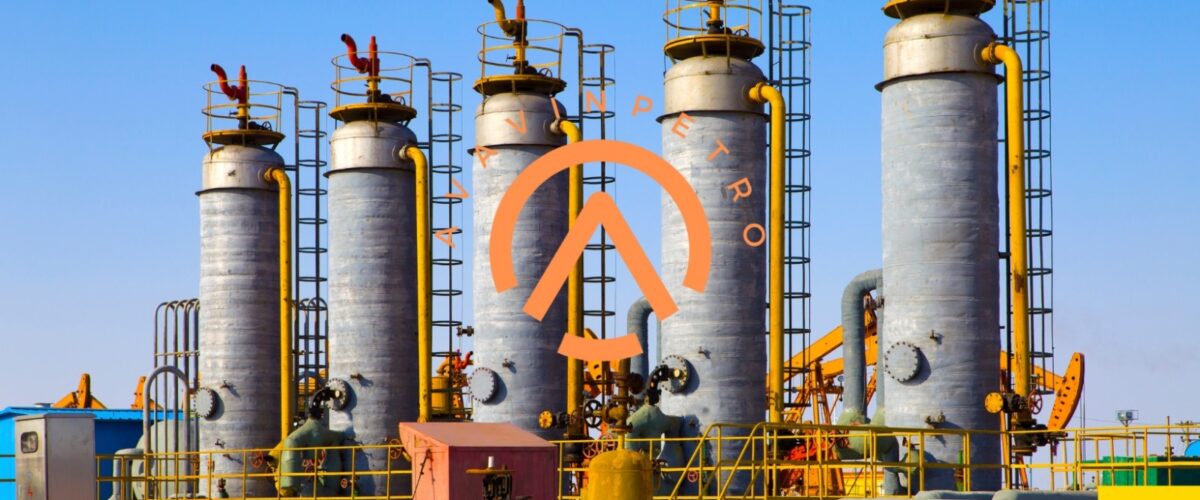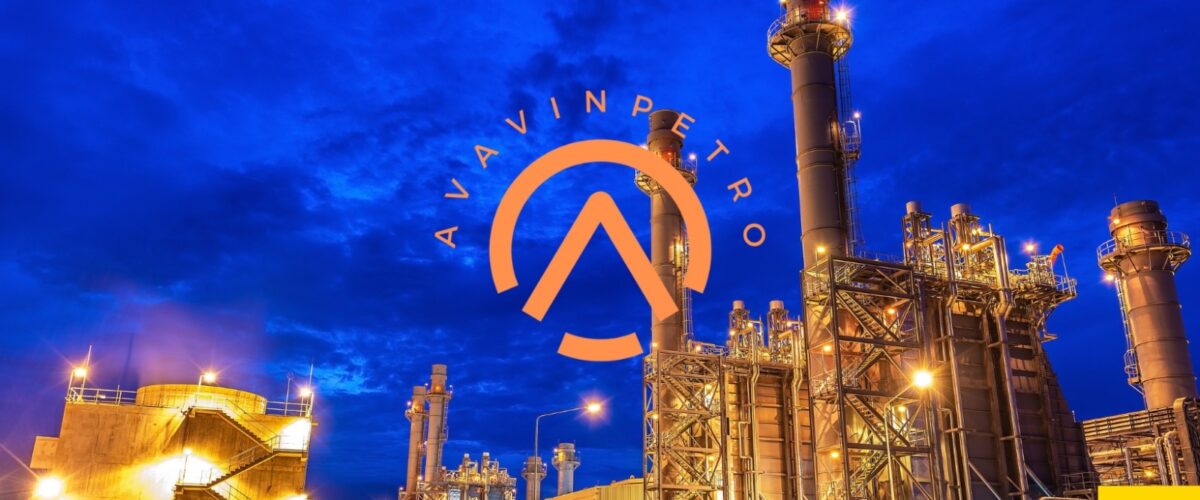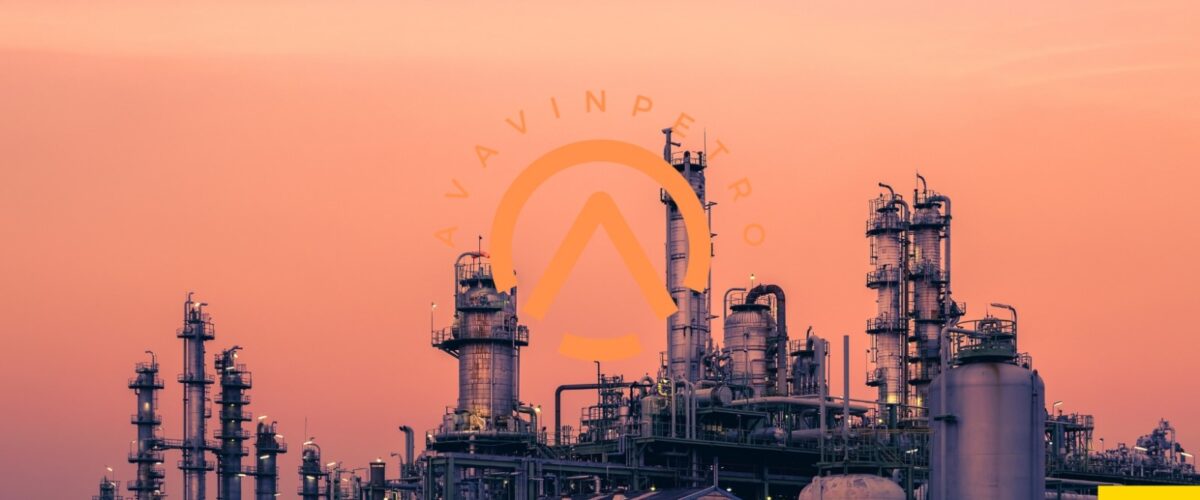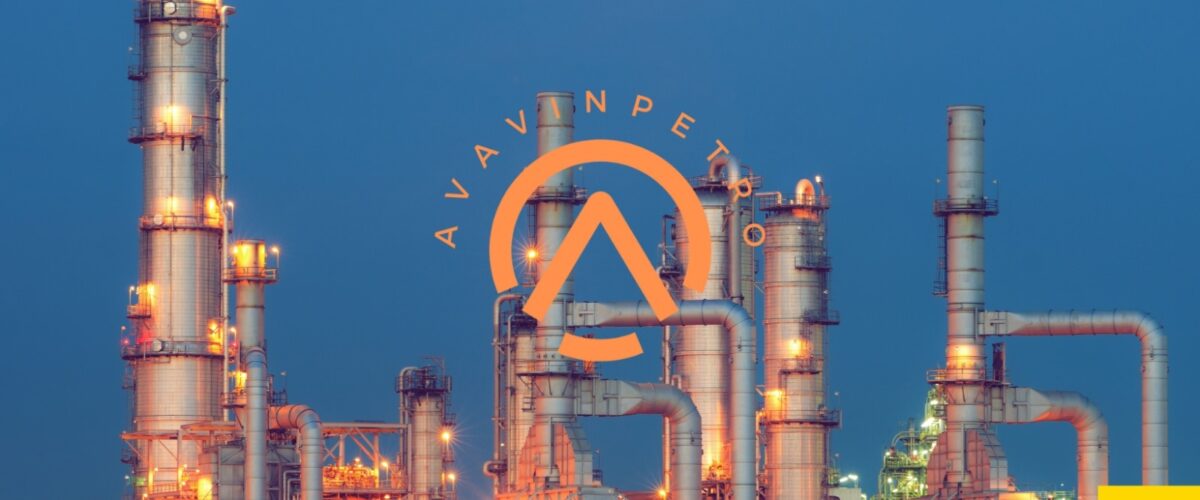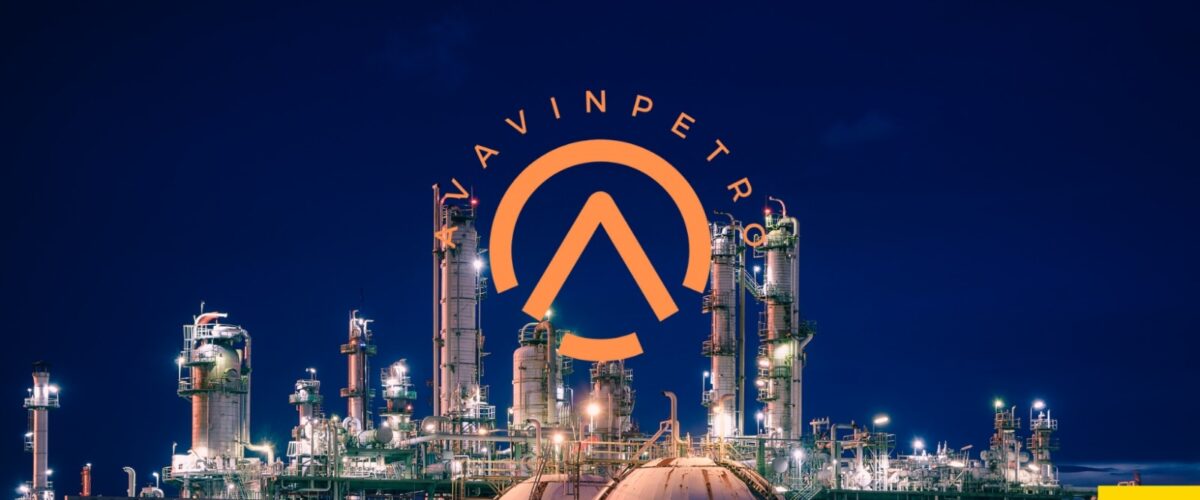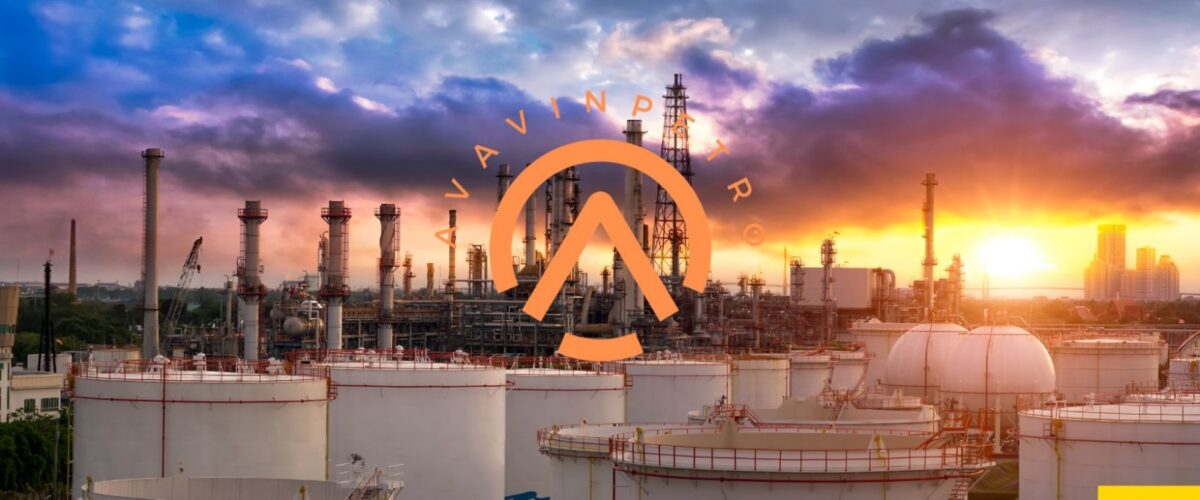Advantages of Storing Fruits from Garden to Market in EPS Boxes
When it comes to preserving the quality of fruits from the moment they are harvested until they reach the market, Expanded Polystyrene (EPS) boxes have proven to be an indispensable solution. These versatile containers offer a myriad of benefits that ensure fruits remain fresh, nutritious, and appealing to consumers. In this comprehensive article, we delve into the numerous advantages of using EPS boxes for fruit storage, demonstrating why they are the preferred choice for farmers, distributors, and retailers alike.
Superior Insulation Properties
One of the primary advantages of EPS boxes is their exceptional insulation capabilities. EPS is known for its low thermal conductivity, which helps maintain a stable temperature inside the box. This is crucial for preserving the freshness of fruits, as it minimizes the impact of external temperature fluctuations. By keeping fruits at an optimal temperature, EPS boxes significantly reduce the risk of spoilage and extend the shelf life of produce.
Enhanced Protection Against Physical Damage
Fruits are delicate and can easily be damaged during transportation. EPS boxes provide excellent cushioning due to their shock-absorbing properties. This protection ensures that fruits remain intact, reducing bruising and other forms of physical damage. The lightweight yet sturdy nature of EPS boxes makes them ideal for safeguarding fruits from the garden to the market.
Moisture Resistance
Another significant benefit of EPS boxes is their resistance to moisture. Fruits are often stored in environments with varying humidity levels, which can lead to the growth of mold and mildew. EPS boxes are impermeable to water, ensuring that the fruits inside remain dry and free from moisture-related issues. This moisture resistance helps maintain the quality and safety of the fruits throughout the storage and transportation process.
Eco-Friendly and Sustainable
Contrary to common misconceptions, EPS boxes are eco-friendly and can be recycled. Modern EPS manufacturing processes have evolved to reduce environmental impact, and the material itself is 100% recyclable. By using EPS boxes, stakeholders in the fruit supply chain can contribute to sustainability efforts and reduce waste. Additionally, the durability of EPS boxes means they can be reused multiple times, further enhancing their environmental benefits.
Cost-Effectiveness
EPS boxes offer cost-effective solutions for fruit storage and transportation. Their lightweight nature reduces shipping costs, as they do not add significant weight to the cargo. Furthermore, the ability to reuse EPS boxes multiple times translates to long-term savings for businesses. The initial investment in EPS boxes is quickly offset by the reduction in waste, spoilage, and transportation costs.
Ease of Handling and Transport
The design of EPS boxes makes them easy to handle and transport. They are lightweight, stackable, and available in various sizes to accommodate different types of fruits. This versatility ensures that fruits can be stored and transported efficiently, optimizing space in storage facilities and transportation vehicles. The ease of handling also reduces labor costs and improves overall logistics efficiency.
Hygienic and Safe for Food Storage
EPS boxes are hygienic and meet stringent food safety standards. The material is non-toxic and does not harbor bacteria or other contaminants, making it safe for direct contact with fruits. This is particularly important for maintaining the health and safety of consumers. Additionally, EPS boxes can be easily cleaned and sanitized, ensuring that they remain a safe storage solution throughout their lifecycle.
Versatility in Packaging Solutions
EPS boxes offer versatile packaging options for various types of fruits. Whether dealing with small, delicate berries or larger, heavier fruits like melons, EPS boxes can be customized to fit the specific needs of different produce. This flexibility ensures that each type of fruit is stored in the most suitable conditions, preserving its quality and extending its shelf life.
Compliance with Industry Standards
Using EPS boxes ensures compliance with industry standards and regulations related to fruit storage and transportation. These boxes are widely accepted and recognized for their reliability and effectiveness. By choosing EPS boxes, businesses can rest assured that they are meeting the necessary guidelines to maintain the quality and safety of their produce.
Avavin Petro: A Reliable EPS Supplier
For those seeking a reliable supplier of EPS boxes, Avavin Petro stands out as a trusted name in the industry. Known for their high-quality EPS products, Avavin Petro ensures that customers receive durable and efficient packaging solutions tailored to their specific needs. Their commitment to excellence and sustainability makes them a preferred partner for businesses in the fruit supply chain.
Conclusion
In conclusion, the advantages of storing fruits in EPS boxes from the garden to the market are numerous and significant. The superior insulation properties, enhanced protection against physical damage, moisture resistance, eco-friendliness, cost-effectiveness, ease of handling, hygienic nature, versatility, and compliance with industry standards make EPS boxes the optimal choice for fruit storage and transportation. By leveraging these benefits, stakeholders in the fruit supply chain can ensure that their produce reaches consumers in the best possible condition, ultimately enhancing customer satisfaction and driving business success.
Written by Emir Narin

